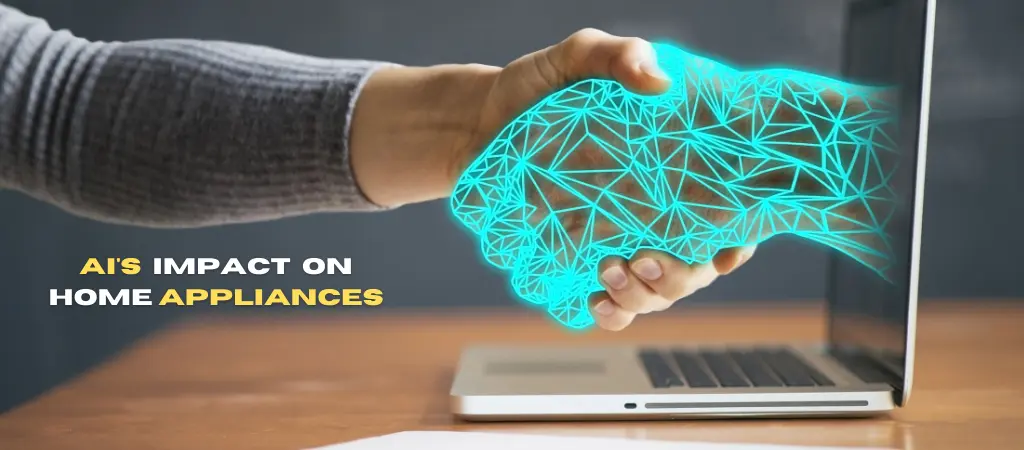AI's Impact on Home Appliances
Artificial Intelligence (AI) has revolutionized various industries, and its integration into household appliances has significantly transformed daily life.
Benefits of AI in Household Appliances
Enhancing Efficiency and Convenience
AI-enabled appliances streamline tasks by learning user preferences, automating functions, and adjusting settings based on usage patterns. This improves efficiency and simplifies daily chores.
Energy Efficiency and Cost Savings
AI algorithms optimize energy usage, leading to energy-efficient appliances that reduce utility bills. Features like predictive maintenance prevent breakdowns, saving on repair costs.
Personalization and Customization
AI-powered appliances offer personalized experiences, adapting settings according to user habits and preferences. This customization enhances user comfort and convenience.
Examples of AI in Household Appliances
Smart Refrigerators
Smart fridges equipped with AI can track food inventory, suggest recipes based on available ingredients, and even place grocery orders.
AI-Powered Ovens and Stoves
AI-integrated cooking appliances assist users by providing cooking recommendations, adjusting temperatures, and ensuring precise cooking times.
Intelligent Washing Machines
AI-enabled washing machines analyze fabric types and soil levels to optimize wash cycles, conserving water and maintaining clothing quality.
Advantages and Disadvantages of AI in Household Appliances
AI integration in household items presents both advantages and disadvantages. On the positive side, AI enhances convenience by automating tasks, allowing devices to learn user preferences, and adapting settings accordingly. Smart appliances optimize energy consumption, leading to cost savings and environmental benefits. Moreover, personalized experiences cater to individual needs, making daily routines more efficient.
However, these advancements come with challenges. Privacy concerns arise as AI-enabled devices collect and analyze user data. Dependence on technology may lead to reduced manual skills and overreliance on AI. Maintenance and repair of sophisticated AI appliances could become complex and costly. Moreover, there's a risk of technological malfunctions or errors affecting daily operations.
Balancing the benefits and challenges of AI in household items is crucial. Striking a balance between convenience, privacy, and reliance on technology will determine how effectively these advancements integrate into our lives.
Future Prospects of AI in Household Appliances
Integration with Smart Homes
AI-driven appliances will integrate with smart home ecosystems, enabling seamless connectivity and automated household management.
Advancements in AI Technology
Continual advancements in AI technology will lead to more sophisticated appliances, offering enhanced functionalities and improved user experiences.
Conclusion
AI in household appliances continues to evolve, offering immense benefits in efficiency, personalization, and energy savings. However, addressing privacy concerns and balancing reliance on technology is critical for its sustainable integration into daily life. Balancing the benefits with the challenges of AI in household appliances is essential. Striving for technological advancements while safeguarding privacy and ensuring user autonomy will be crucial for harmonizing AI into our homes. Finding this equilibrium will pave the way for a future where smart appliances coexist seamlessly with human needs and preferences.


Comments (0)